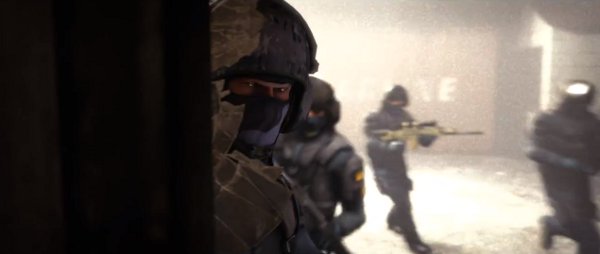
On April 1, 2013, Valve implemented support for the Steam Workshop, which allows users to upload their own custom-made assets onto the Steam community these assets range from video game models and sounds to raw animation project files.
#VALVE SOURCE FILMMAKER WINDOWS#
It has been in open beta for Windows as of July 11, 2012. On June 27, 2012, the same day as the final Meet the Team video, "Meet the Pyro", was released, Source Filmmaker became available on a limited-basis through the Steam network.


Replay incorporates the ability to upload completed videos to YouTube. However, arbitrary camera angles are possible, like tracking the actions of other players in action at the time.

By 2010, the entire interface was re-implemented using Qt 4, and given its own engine branch for further development.īefore Source Filmmaker was officially released to the public, Team Fortress 2 carried a simplified version of the tool called the Replay Editor it is limited to capturing the actual events occurring over the course of a player's life with no ability to modify actions, repeat segments, nor apply special effects beyond those already used in-game. This version of SFM, which ran using Source's in-game tools framework, was inadvertently leaked during the public beta of TF2 in September 2007.
#VALVE SOURCE FILMMAKER FULL#
The tool's full potential was finally realized with the release of The Orange Box, particularly with the Meet the Team featurettes for Team Fortress 2. SFM was developed internally at Valve from as early as 2005, forked from the Source engine's in-game demo playback tool and used to make Day of Defeat: Source trailers with experimental effects that could not be achieved in real-time.
#VALVE SOURCE FILMMAKER MANUAL#
It also allows manual animation of bones and facial features, allowing the user to create movements that don't occur in-game (as in games, nearly all character animation sequences are stored in a set of different movements, and the amount of different animation sequences is limited). SFM can support a wide range of cinematographic effects and techniques such as motion blur, Tyndall effects, Dynamic Lighting, and depth of field. SFM allows users to record and edit motion from gameplay or scratch, as well as record a character many times over in the same scene, creating the illusion of multiple entities.



 0 kommentar(er)
0 kommentar(er)
